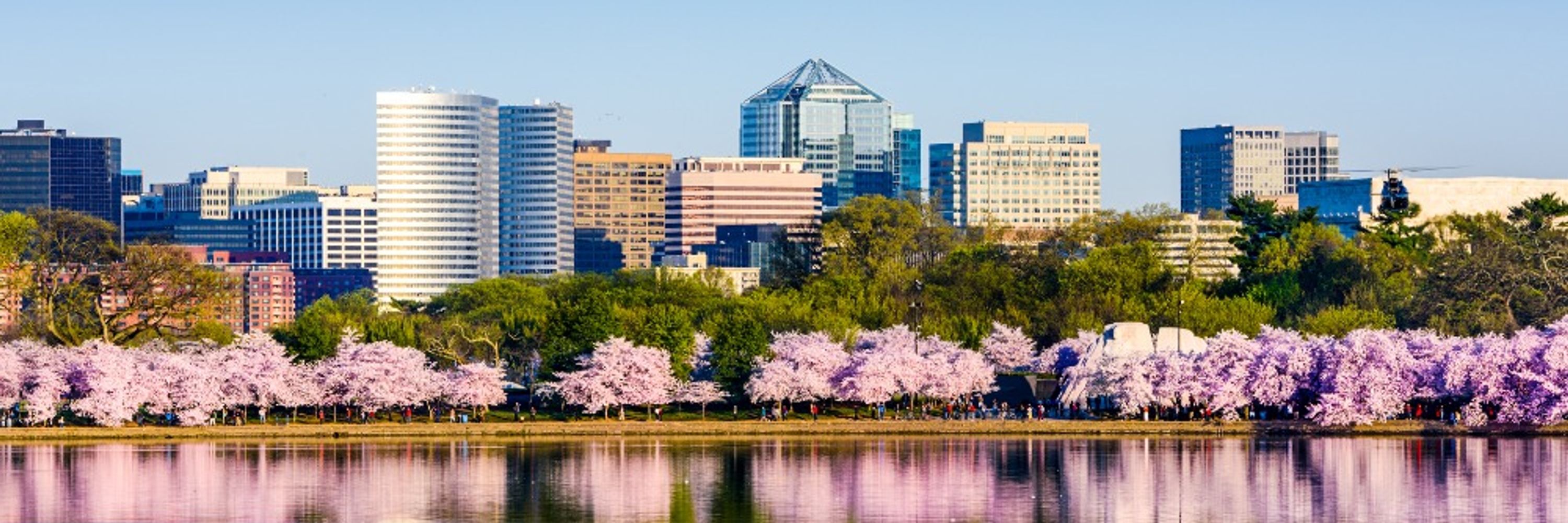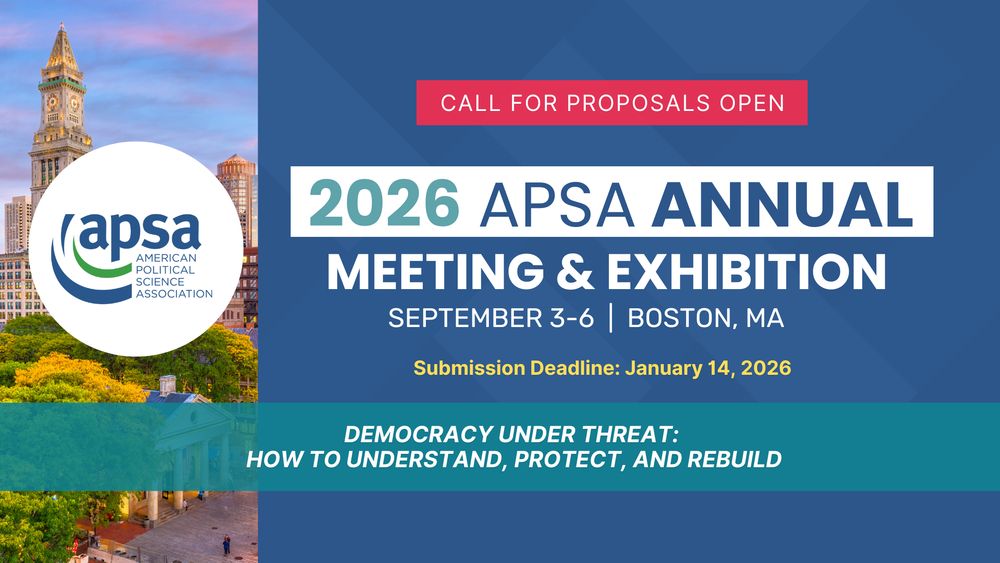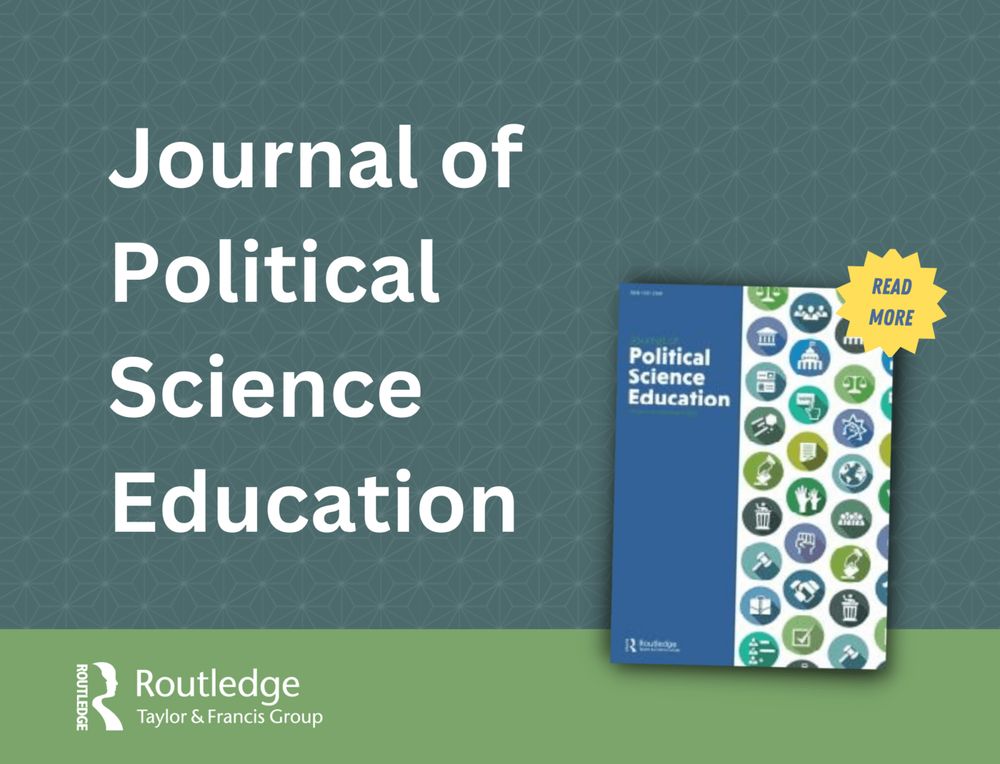
www.apsanet.org

Join political scientists and scholars in #Boston, for the 122nd APSA Annual Meeting & Exhibition, September 3–6, to address the latest scholarship in political science.
📄 Submit proposals by January 14th! buff.ly/ssE37eh

Submit your proposals now! bit.ly/vrm2026

Submit your proposals now! bit.ly/vrm2026
Submit proposals now!

Submit proposals now!

The Impact of Video Games on the Effectiveness of a Political Science Course By Patricia Otero-Felipe and Athénaïs Marianne Sauvée, University of Burgos This study, published in the Journal of Political Science…

The Impact of Video Games on the Effectiveness of a Political Science Course By Patricia Otero-Felipe and Athénaïs Marianne Sauvée, University of Burgos This study, published in the Journal of Political Science…
The APSA Nominating Committee welcomes your suggestions for individuals to be considered for APSA Council positions in the 2026 elections. Submit your suggestions by February 13, 2026. In accordance with…

The APSA Nominating Committee welcomes your suggestions for individuals to be considered for APSA Council positions in the 2026 elections. Submit your suggestions by February 13, 2026. In accordance with…
We seek proposals that address resources for departmental leadership, student best practices, careers beyond the academy, and more! buff.ly/GGEHDUJ

We seek proposals that address resources for departmental leadership, student best practices, careers beyond the academy, and more! buff.ly/GGEHDUJ

All proposals must be submitted by January 15, 2026!
🔗 Submit VRM proposals now:

All proposals must be submitted by January 15, 2026!
🔗 Submit VRM proposals now:
Submit your proposals now! bit.ly/vrm2026

Submit your proposals now! bit.ly/vrm2026
Join political scientists and scholars in #Boston, for the 122nd APSA Annual Meeting & Exhibition, September 3–6, to address the latest scholarship in political science.
📄 Submit proposals by January 14th! buff.ly/ssE37eh


Conflating Lobbying and PACs: The Surprisingly Low Overlap in Organizational Lobbying and Campaign Expenditures By Alexander C. Furnas, Northwestern University, Timothy M. LaPira, James…

Conflating Lobbying and PACs: The Surprisingly Low Overlap in Organizational Lobbying and Campaign Expenditures By Alexander C. Furnas, Northwestern University, Timothy M. LaPira, James…
Join political scientists and scholars in #Boston, for the 122nd APSA Annual Meeting & Exhibition, September 3–6, to address the latest scholarship in political science.
📄 Submit proposals by January 14th! buff.ly/ssE37eh

Join political scientists and scholars in #Boston, for the 122nd APSA Annual Meeting & Exhibition, September 3–6, to address the latest scholarship in political science.
📄 Submit proposals by January 14th! buff.ly/ssE37eh
Statistical Intuition without Coding (or Teachers) By Natalie Ayers, Harvard University, Gary King, Harvard University, Zagreb Mukerjee, Yale University, and Dominic Skinnion, Harvard University Teaching political methodology classes typically…

Statistical Intuition without Coding (or Teachers) By Natalie Ayers, Harvard University, Gary King, Harvard University, Zagreb Mukerjee, Yale University, and Dominic Skinnion, Harvard University Teaching political methodology classes typically…
Student Choice in Assessment: Is There a Subject-Specific Case for Using Assessment Optionality in Political Science Education? By Jeremy F. G. Moulton, University of…

Student Choice in Assessment: Is There a Subject-Specific Case for Using Assessment Optionality in Political Science Education? By Jeremy F. G. Moulton, University of…

Risk and Realism: Using a Board Game Mobile App to Illustrate an International Relations Theory By Petra Hendrickson, Northern Michigan University When introducing students to broad theoretical…

Risk and Realism: Using a Board Game Mobile App to Illustrate an International Relations Theory By Petra Hendrickson, Northern Michigan University When introducing students to broad theoretical…
The Advantages of taking the Long View: American Political Development and Higher Education By Julie L. Novkov, University at Albany Tim Kaufman-Osborn’s book (2023), The Autocratic Academy: Reenvisioning…

The Advantages of taking the Long View: American Political Development and Higher Education By Julie L. Novkov, University at Albany Tim Kaufman-Osborn’s book (2023), The Autocratic Academy: Reenvisioning…
We welcome proposals that share strategies on leadership, enrollment, curriculum, hiring, academic freedom, and more. Deadline: 1/14 buff.ly/GGEHDUJ

We welcome proposals that share strategies on leadership, enrollment, curriculum, hiring, academic freedom, and more. Deadline: 1/14 buff.ly/GGEHDUJ
buff.ly/SkmdOuE%E2%8...
#PublicPolicy #polisky

buff.ly/SkmdOuE%E2%8...
#PublicPolicy #polisky

Empowering Students to Have Difficult Conversations By Ioana Emy Matesan, Wesleyan University Classroom discussions of current events and controversial topics can devolve into unproductive and highly charged debates. This article describes an…

Empowering Students to Have Difficult Conversations By Ioana Emy Matesan, Wesleyan University Classroom discussions of current events and controversial topics can devolve into unproductive and highly charged debates. This article describes an…
Finding the “Field” in our “Homes” and our “Homes” in the “Field”: A Critique of the “Home–Field” Dichotomy By Marnie Howlett, University of Oxford, and Lauren C. Konken, University of…

Finding the “Field” in our “Homes” and our “Homes” in the “Field”: A Critique of the “Home–Field” Dichotomy By Marnie Howlett, University of Oxford, and Lauren C. Konken, University of…
Theme: “Democracy Under Threat: How to Understand, Protect, and Rebuild.”
Submit your proposals now! buff.ly/Ys5JPh6

Theme: “Democracy Under Threat: How to Understand, Protect, and Rebuild.”
Submit your proposals now! buff.ly/Ys5JPh6

